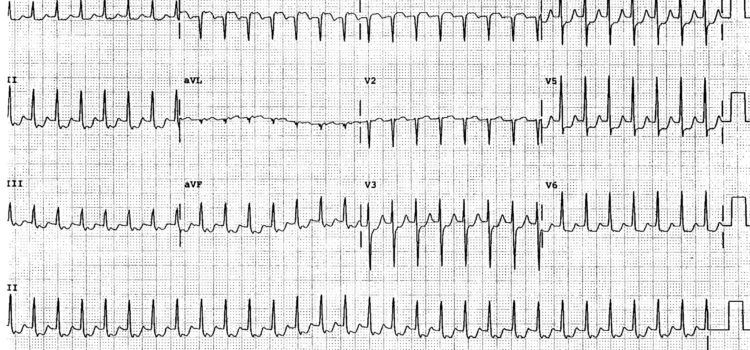Some states have been accused of “reopening” their economies too soon, with the result being upsurges in COVID-19 cases—and renewed concerns that the healthcare system could be overwhelmed. This may not reflect a resurgence at all, however, but instead reveal the number of cases that had gone unrecognized previously. Robert Redfield, MD, director of the Centers for Disease Control and Prevention, suggested recently that for every documented case of COVID-19, there are probably 10 more …
Read More









